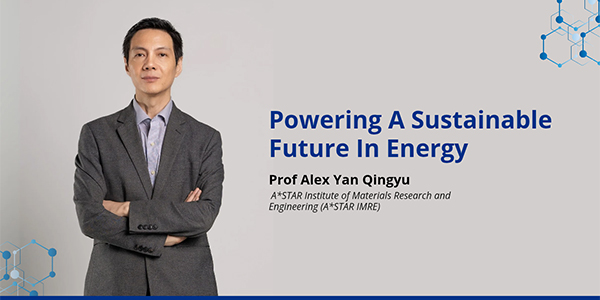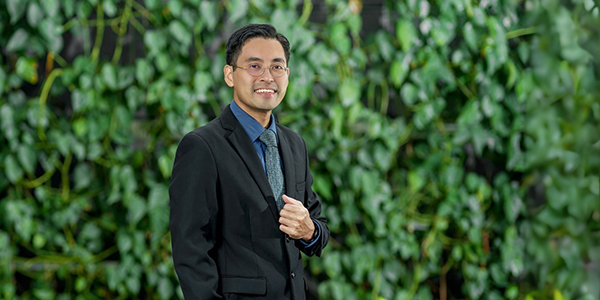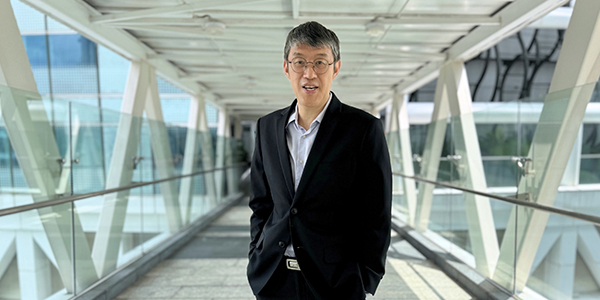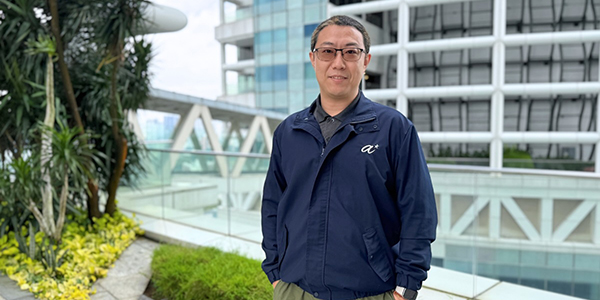FACES OF A*STAR
Powering A More Sustainable Future Through High Performance Batteries
Generating buzz in the field of materials science
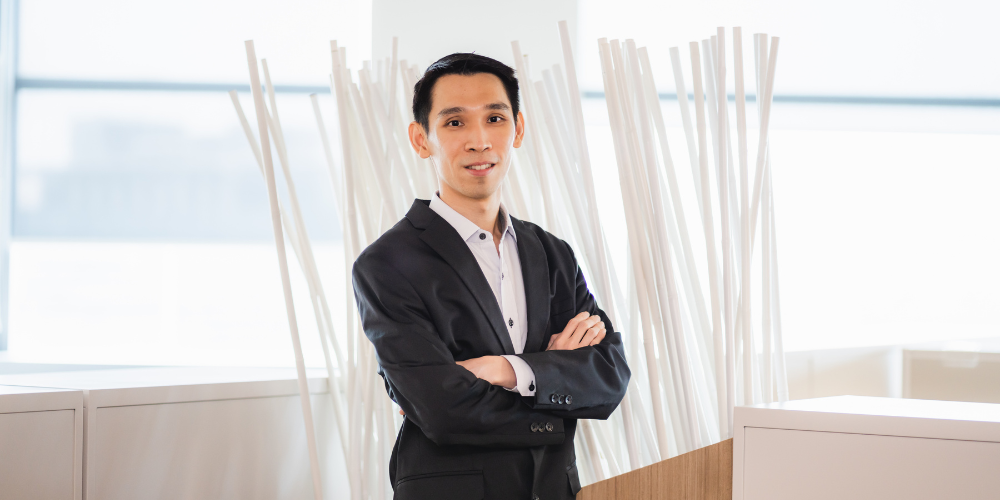
When Dr Seh Zhi Wei was a child, he was fascinated by how water droplets stayed on the surface of lotus leaves. The superhydrophobic property of the lotus leaf – where water spilled on the surface does not wet it but rolls off – was one of his earliest observations of the wonders of materials in nature.
Led by his innate curiosity, the young Dr Seh excelled in school, eventually landing an A*STAR scholarship to study Materials Science and Engineering at Cornell University. He graduated with a PhD in the same field from Stanford University in 2015.
Dr Seh explains, “Science is essentially an attempt to explain nature. For example, the way water beads up on lotus leaves is similar to how it behaves on a Teflon coating of a non-stick frying pan.”
Understanding such phenomena got me interested in materials science. I wanted to find out why materials behave the way they do and how I could engineer materials for different applications.
Today, Dr Seh is a Principal Scientist at A*STAR’s Institute of Materials Research and Engineering (IMRE). He leads a research team that develops the next generation of advanced batteries. These new battery chemistries can transcend conventional lithium-ion battery limits and deliver more reliable receptacles for clean energy storage and conversion.
His improved yolk-shell design, which is now a licensed technology, greatly enhanced the performance of the lithium-sulfur battery, allowing it to last up to 1,000 discharge cycles, a vast improvement from its traditional 200 cycles.
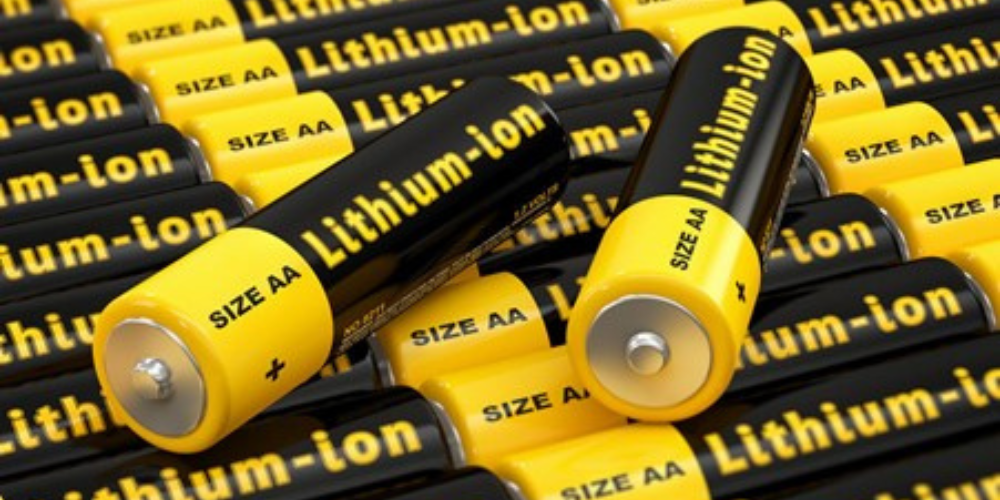
Recently, Dr Seh and his team have employed Artificial Intelligence (AI) in the form of Machine Learning (ML), to systematically model and test various permutations of MXenes – two-dimensional synthetic compounds – for use in magnesium-ion batteries. Their efforts have led to the recent development of the first anode-free magnesium battery, which has 5 times the energy density of standard magnesium batteries. His team is also using ML to reliably predict the state of health and remaining useful life in batteries, contributing to better battery safety.
Dr Seh believes that future technologies lie in Electric Vehicles (EVs) and grid energy storage, which will depend on the next generation of batteries.
“With high-energy-density batteries like the ones we are developing, EVs will have longer driving ranges, and intermittent energy sources like solar or wind power can be reliably harnessed. This paves the way for a more sustainable energy future for all of us.”
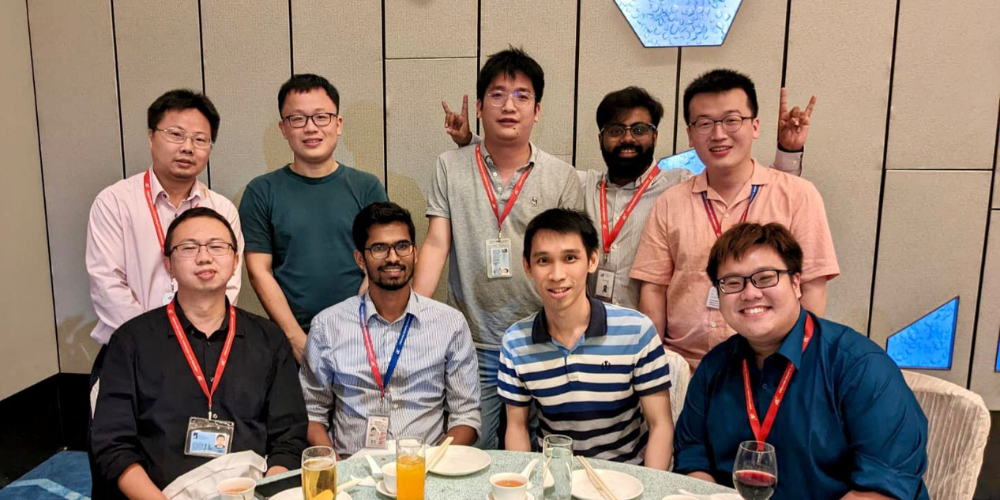
From a bright-eyed young scientist to a well-respected researcher with various awards and accolades, Dr Seh now mentors other budding science talents. He derives great satisfaction in guiding and interacting with the young researchers.
They bring different perspectives and are always keen to explore new ideas. They are not afraid to challenge preconceived notions, and I also find myself learning from them.
“On my part as a mentor, I encourage them not to take things at face value, to be open to challenging research norms and to think differently from others. Because that’s what advancing science is all about."
Was this article helpful?
A*STAR celebrates International Women's Day

From groundbreaking discoveries to cutting-edge research, our researchers are empowering the next generation of female science, technology, engineering and mathematics (STEM) leaders.
Get inspired by our #WomeninSTEM

